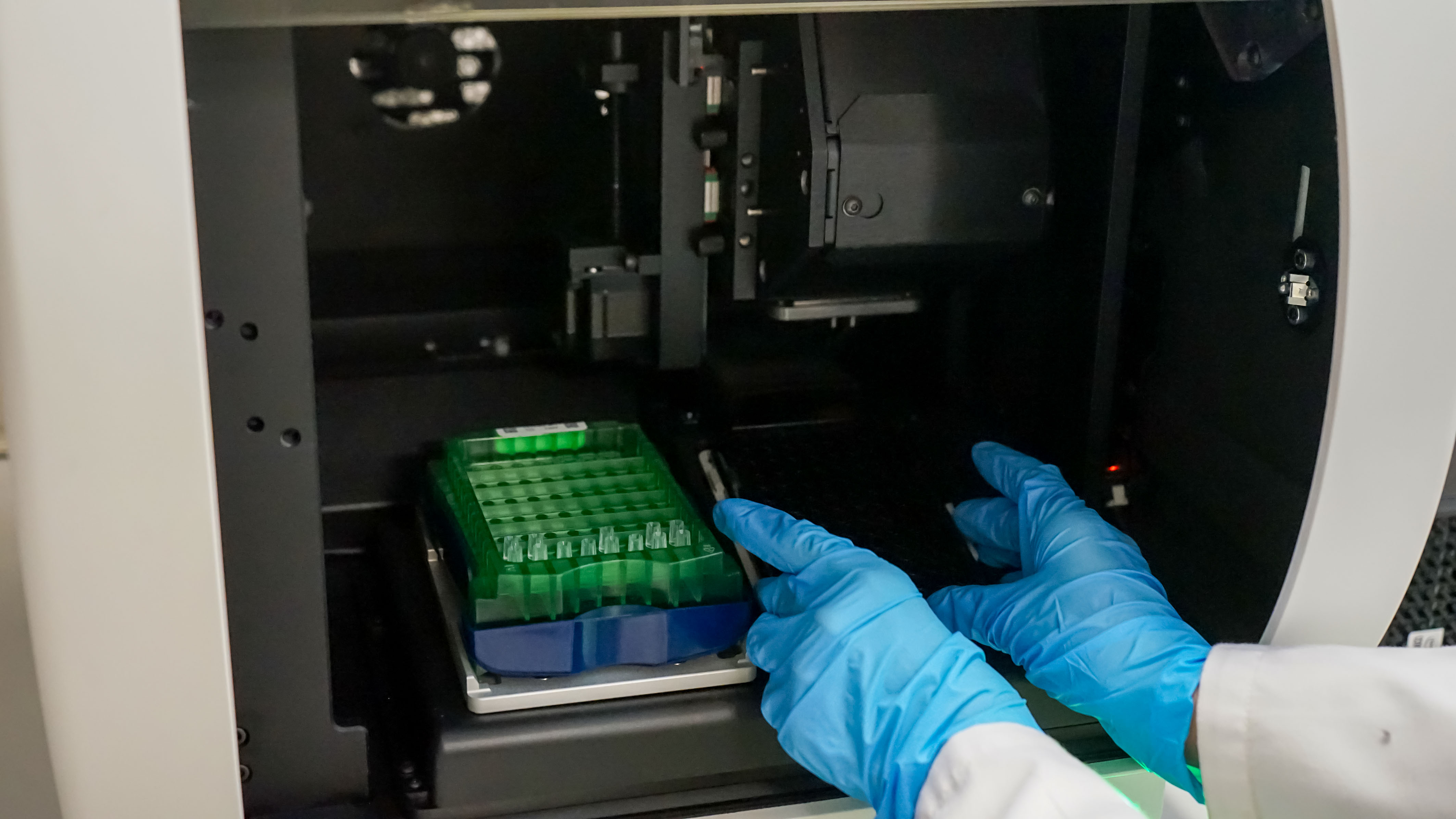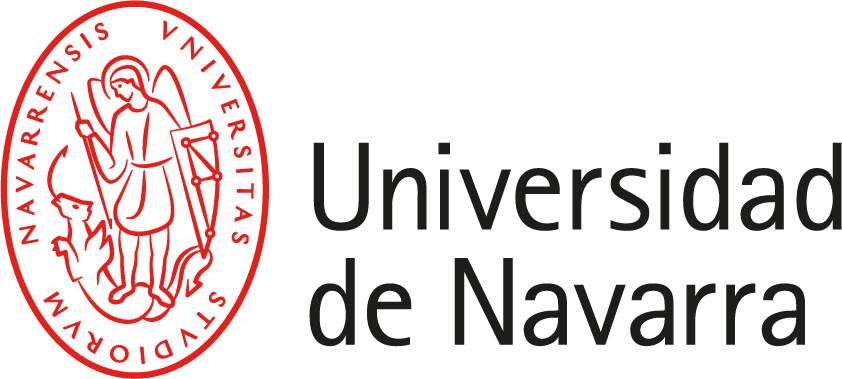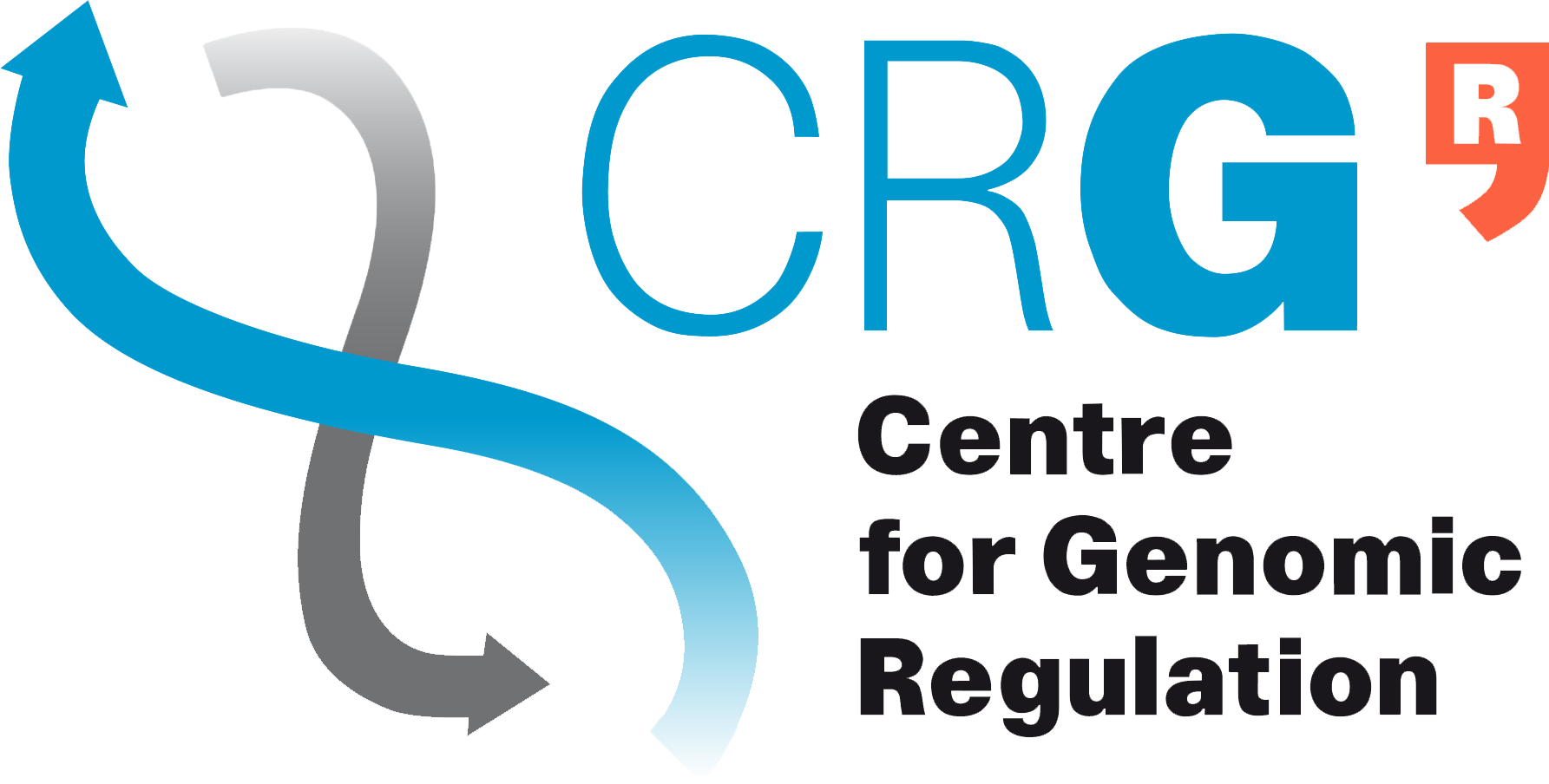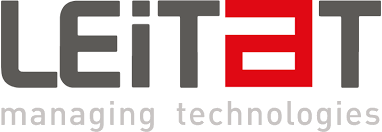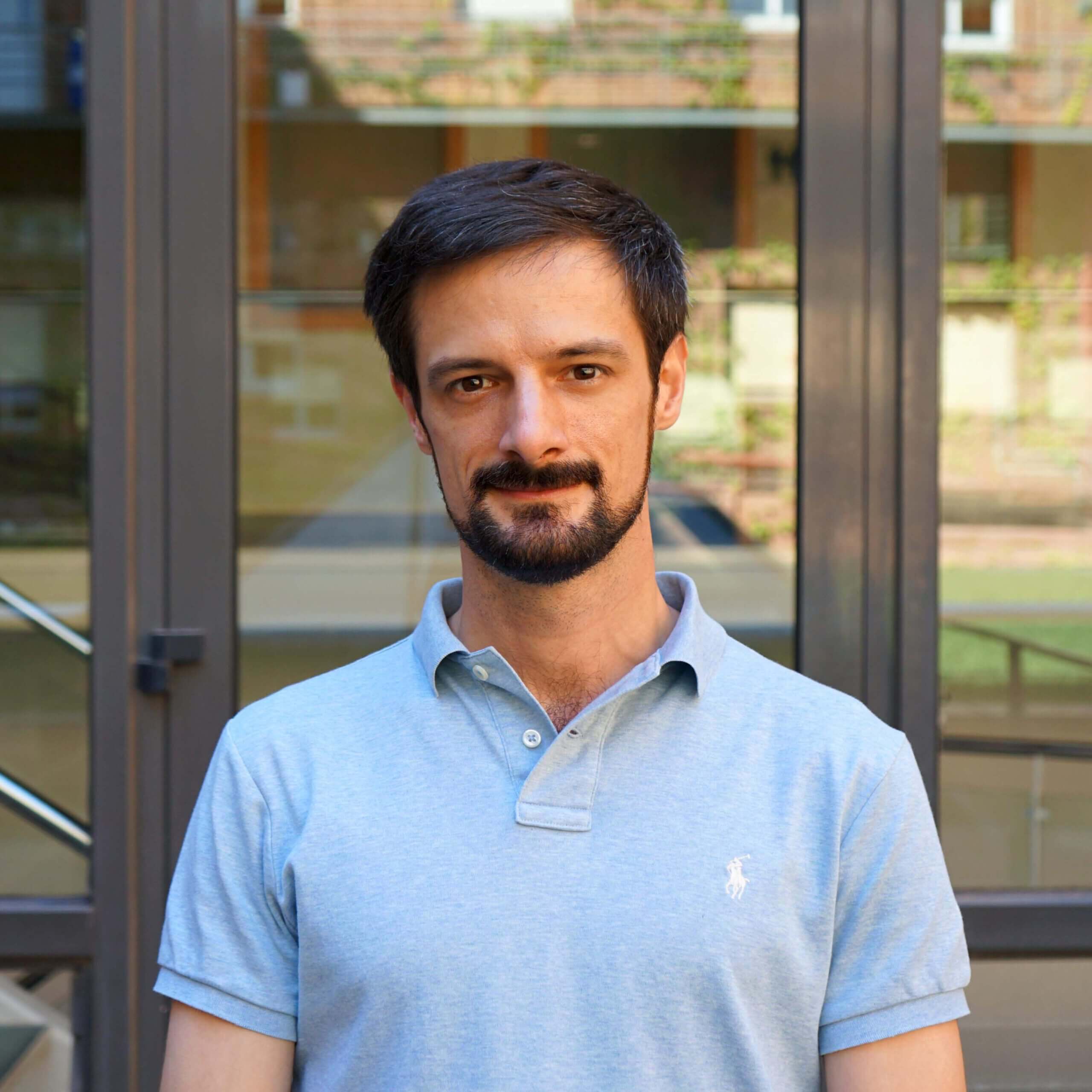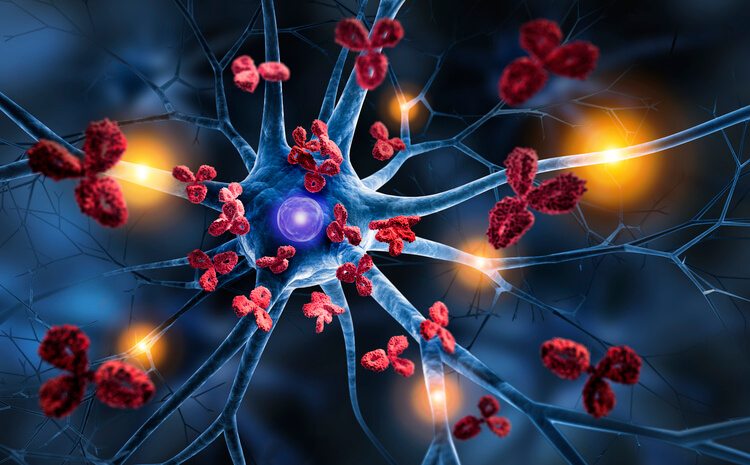The most common lung cancer is non-small cell lung cancer (NSCLC), which is also typically detected in very advanced stages of the disease. The usual treatment with tyrosine kinase inhibitors aimed at the EGFR protein, responsible for the growth of cancer cells, has limited efficacy and patients end up presenting resistance to therapy.
The EGFR-LYTAC project is seeking to develop a new type of treatment, based on lysosomal chimeras, which uses the cell’s natural system, in this case the lysosomes, to destroy harmful proteins such as EGFR. The therapy proposed by this project is disruptive and is based on conjugates of antibodies and peptides that can overcome therapeutic resistance and improve the difficult scenario of NSCLC.
EGFR-LYTAC is led by Dr Cristina Diaz Perlas and Dr Benjamí Oller Salvia, researchers with the ChemSynBio group (Chemistry and Synthetic Biology for Biotherapies) at IQS, both of whom are experts in the development of therapeutic proteins and peptides. The project is being carried out in collaboration with the company Aptadegrad, which specializes in new specific protein degraders. The LEITAT technology centre, the University of Navarra, and the Centre for Genomic Regulation (CGR) are also collaborating on the project.
The researchers in the ChemSynBio group at IQS bring both their experience in the development of new peptides and the study of the interaction between proteins using the Phage Display technique, as well as their experience in modifying antibodies.
It is expected that these new therapies developed within the framework of the EGFR-LYTAC project will benefit patients who are resistant to conventional therapies, increasing efficacy and reducing side effects.
In addition, this new approach will open the door to a new and complete therapeutic arsenal to combat other types of cancer that are also sensitive to EGFR.
The EGFR-LYTAC project has obtained funding in the call for grants in public-private collaboration projects from the State Research Agency (AEI) under the 2023 call for grants. These grants aim to promote collaboration between R&D agents and companies, offering an opportunity to achieve the execution of innovative projects with technology in tandem with the market.











